In its 15th edition titled ‘Evolving with Resilience and Justice’, the World Energy Council’s World Energy Trilemma Report has once again provided crucial insights into the profound changes sweeping across global energy systems, primarily triggered by the world’s first demand-driven energy shock in response to the war in Ukraine. This seminal report underscores the urgent need for evolved energy leadership to foster accelerated and equitable global energy transitions.
The World Energy Trilemma framework, a globally recognized and practical tool developed through the Council’s extensive community across more than 100 countries, now shows significant evolution in its key dimensions—energy security, equity, and environmental sustainability. This evolution is in response to new global ambitions and the emerging threat of poly-crises, which include the reliability of renewable resources, the availability of critical minerals, and resilience against both physical and cyber threats.
Energy equity has deepened to factor in demands for justice and fairer access to clean energy benefits, while environmental sustainability has broadened to incorporate holistic concerns for planetary health. This includes embracing circular economy principles and the interconnectedness of water, food, and energy systems, alongside better alignment of decarbonization efforts with the planet’s ecological limits.
This year’s Trilemma report highlights the dramatic impacts of the consumer-led demand-driven energy shock that followed the invasion of Ukraine. The ripple effects of Europe’s pivot away from Russian gas imports in search of alternative sources are profound, marking a significant shift in global energy systems that not only emphasizes the urgency of security but also raises questions about long-term sustainability and equity. The temporary stabilization of energy supplies in Europe through increased use of coal and other alternatives has indeed eased some immediate pressures but at the potential cost of increased carbon emissions and rising energy prices, which could threaten European industrial competitiveness over the long term.
The regional impacts and responses are as varied as they are significant. In Africa, the surge in energy demand juxtaposes sharply with efforts to adopt cleaner energy sources. Asia finds itself at a crossroads between maintaining economic growth and pushing forward with clean energy transitions. Europe’s focus remains on balancing security issues with sustainability and affordability imperatives. Meanwhile, Latin America and the Caribbean are exploring socio-politically appropriate energy pathways, and the Middle East and Gulf States are gradually shifting from oil dominance to greater renewable energy developments. North America emphasizes the need for improved infrastructure resilience and clean energy expansion.
Dr. Angela Wilkinson, Secretary General & CEO of the World Energy Council, elaborated on the findings, stating, “This latest edition of the World Energy Trilemma Report demonstrates that traditional approaches to managing orderly, inclusive, and just global energy transitions are insufficient in today’s context. The world’s first consumer-led energy shock, the material realities of the renewable energy revolution, and rising structural inequalities necessitate a fundamental redesign of energy strategies.”
The Council is actively evolving the Trilemma framework to better meet these challenges, enabling real-time application through accessible data, new metrics, and the expanded use of the tool beyond countries to regions and cities. This effort is part of the Council’s broader World Energy Leadership Toolkit, which includes the World Energy Scenarios and is designed to inspire action-oriented leadership and enable collaborative transformational pathfinding.
As the global energy community prepares to convene at the World Energy Council’s 26th World Energy Congress in Rotterdam, there is a palpable sense of urgency to harness collective knowledge and expertise to refine tools and strategies that track and manage energy transitions more effectively. The evolution of the World Energy Trilemma framework is expected to play a central role in these discussions, providing a much-needed pathway to manage energy with resilience and justice at the forefront.
With the energy landscape at such a critical juncture, the insights from the Trilemma Report are more valuable than ever, serving not only as a compass for current transitions but also as a blueprint for the sustainable and equitable energy systems of tomorrow. The challenges are immense, but so are the opportunities—as leaders gather in Rotterdam, the potential to reshape the future of energy is vast and vital.








